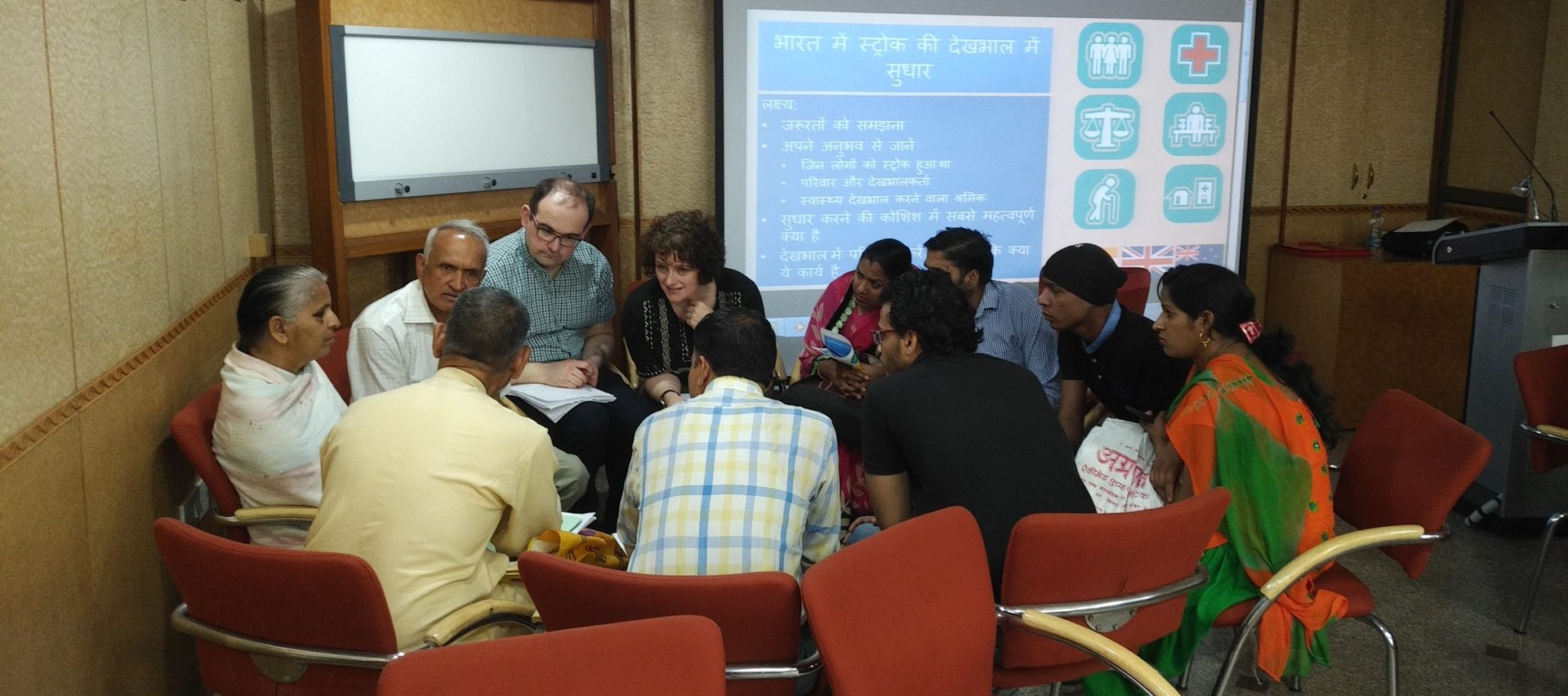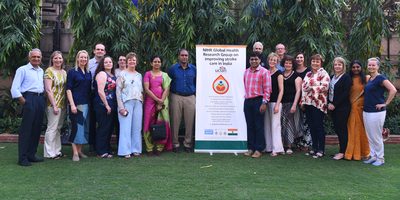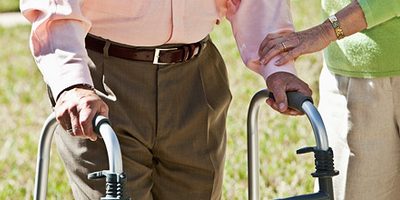
Carers find family-led rehabilitation of stroke survivors acceptable
Stroke survivors, their family members and carers who participated in the ATTEND trial, a large trial involving 1250 patients across 14 medical centres in the country, see family-led rehabilitation of stroke survivors as a necessary model of care for poor and rural populations who cannot access rehabilitation.
Contrary to the key results of the randomised control trial that suggested that this model of care was not superior to usual care alone, the intervention was perceived by those involved as an acceptable community-based package with education as an important component in raising the poor awareness of stroke.
These findings emerge from a process evaluation aimed to better understand trial outcomes through assessing the implementation process and exploring patients', carers', and providers' perspectives. The mixed methods study included process, healthcare use data and patient demographics from all sites; observations and semi-structured interviews with participants (22 patients, 22 carers, and 28 health providers) from six sampled sites.
Intervention fidelity and adherence to the trial protocol was high across the 14 sites; However, early supported discharge (an intervention component) was not implemented. Within both randomized groups, some form of rehabilitation was widely accessed.
ATTEND stroke coordinators provided counseling and perceived that sustaining patients' motivation to continue with rehabilitation in the face of significant emotional and financial stress as a key challenge.
“Difficulty in sustaining patient and carer motivation for rehabilitation without ongoing support, and greater than anticipated access to routine rehabilitation may explain the lack of benefit in the trial. The latest results call for further research in the field.” says Mohammed Alim, Research Fellow, George Institute for Global Health India,
Nonetheless, family-led rehabilitation was seen as a concept worthy of further development as training family carers to provide evidence-based rehabilitation to stroke patients could address the recognized deficiency of access to stroke rehabilitation in low-resource settings.
There are few hospitals who have adapted this model of care to improve patients outcomes



